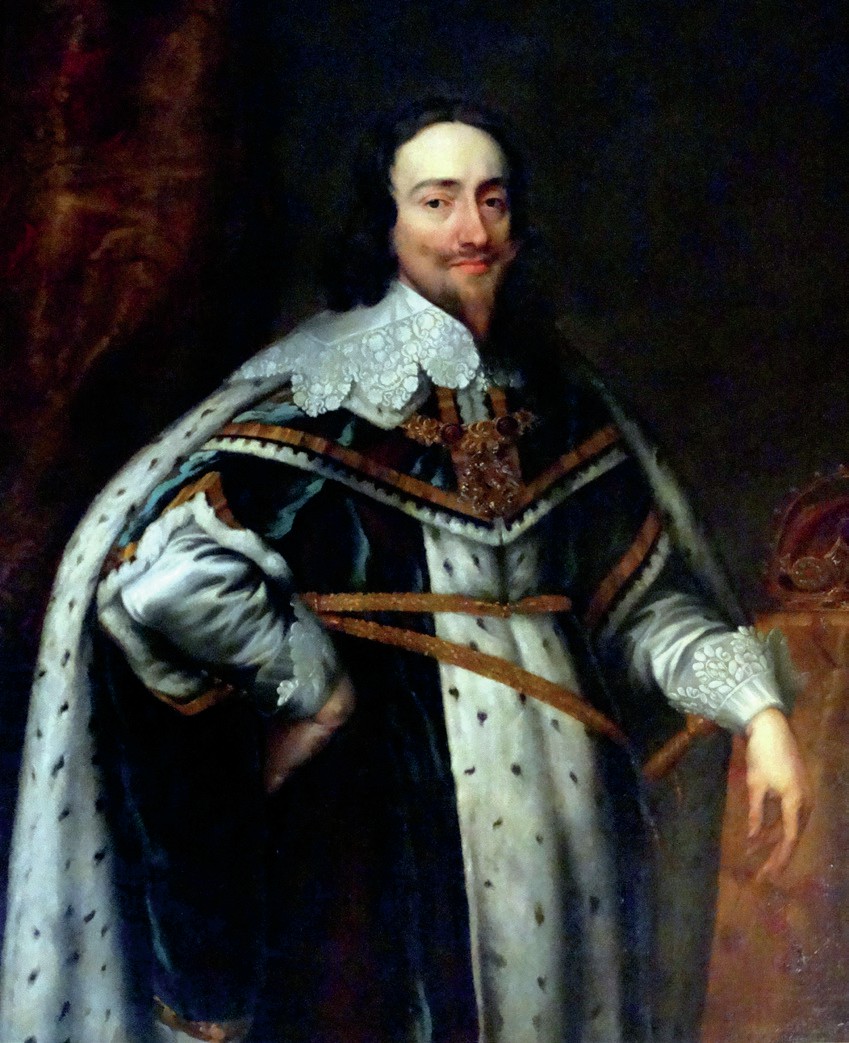
From 1629 Charles had ruled England without Parliament for 11 years, during a period known as the ‘Personal Rule’. In the spring of 1640, following the advice of the Earl of Strafford, elections were held for a new Parliament. The Short Parliament lasted for only 3 weeks before it was dissolved, but in September Charles I was forced to call what became known as the Long Parliament.This was the body which eventually conducted the Civil War, executed him, and was not dissolved until 1660.
The immediate reason for his decision to convene Parliament was the financial crisis resulting from war with the Scots. Charles was forced to call the Long Parliament because he had no other options left. He had embarked on the ill-fated Bishops’ Wars against Scotland and this had bankrupted him. His peacetime efforts to collect sufficient tax by extending the ancient Ship Money tax to inland counties had been challenged in the courts and it became increasingly difficult to collect successfully.
Your organisation does not have access to this article.
Sign up today to give your students the edge they need to achieve their best grades with subject expertise
Subscribe




